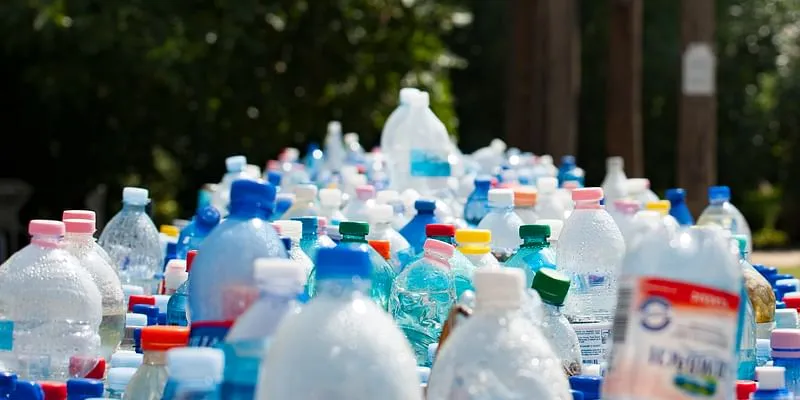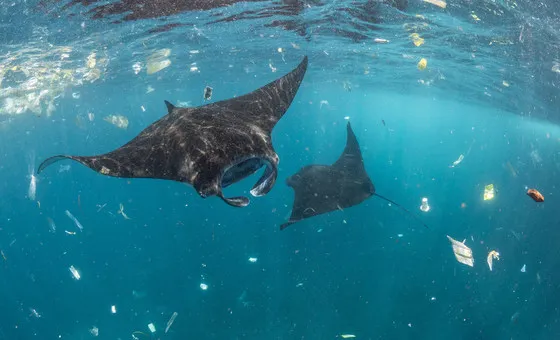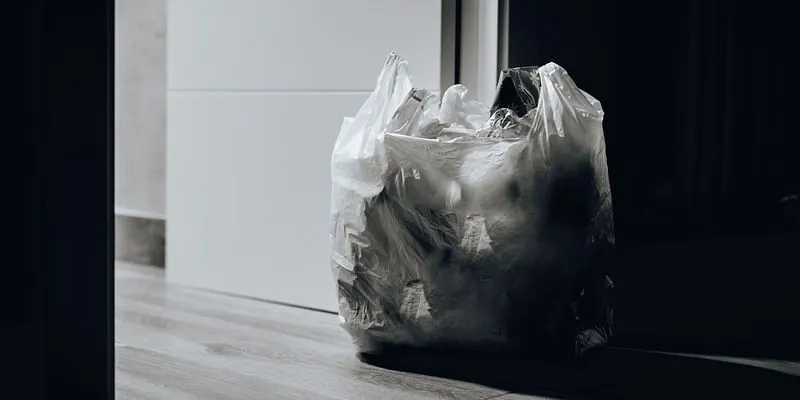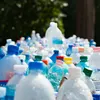5 countries that are leading the fight against plastic pollution
The World Paper Bag Day is celebrated annually on July 12 to spread awareness on plastic pollution, the threat it poses to our environment, and various alternatives for plastic.
According to unep.org, over 8.3 billion tonnes of plastic has been produced since the early 1950s. Over 60 percent of it is hard to recycle and ends up polluting our environment. As per estimates, if no action is taken, then by 2050, the oceans will contain more plastic (by weight) than fish.
The plastics also harm marine life as they choke and starve on it. It often ends up in human food and the toxicity can lead to several health problems like hormonal imbalance.
Single-use plastic has become such an integral part of our life that we often forget its huge negative impact. Most plastics cannot biodegrade, so unless it’s recycled, repurposed or reused, it poses a significant threat to our environment. We not only need to reduce the production of plastic at source, but also need to check our consumption and tackle the problem of disposal of plastic waste.
As we celebrate World Paper Bag Day on July 12, we share with you a list of countries that are leading the fight against single-use plastic.
Canada

Single-use plastic bottles can have a detrimental effect on the environment
Although Canada has one-fourth of the world’s fresh water, it was earlier recycling less than 10 percent of disposable plastics. With the landmark decision of banning harmful single-use plastic items, it has come one step closer to eliminating plastic waste by the year 2030. The items that come under this list include straws, bags, stir sticks, six-pack rings, cutlery, and food ware. The regulations are to be finalised by the end of 2021.
Prime Minister Justin Trudeau said, “To be honest, as a dad, it is tough trying to explain this to my kids. How do you explain dead whales washing up on beaches across the world, their stomachs jam-packed with plastic bags?”
Rwanda

In 2008, Rwanda set an example for the rest of the world by banning the import, manufacturing, and distribution of plastics, barring a few exceptions.
The origin of this ban can be traced to post the genocide of 1994, which highlighted the importance of getting rid of plastic litter for economic recovery as it was a threat to the agrarian economy. The ban was issued in 2004, and a large number of awareness campaigns were launched to set the tone and help people embrace the ban.
Although changing habits is a huge task, living plastic-free has become deeply ingrained in the system and children are taught to live plastic-free – right from the early years of schooling.
Kenya
Kenya’s plastic ban is probably one of the strictest in the world. Anyone caught manufacturing, selling, or even carrying a plastic bag either has to face four years of imprisonment or submit a fine of $40,000. Before the ban, millions of plastic bags were used in supermarkets every year.
Although certain forms of plastic are still in use, the ban has been found largely successful. Since the ban, 80 percent of the population has stopped using plastic bags and fewer plastic bags are being found in cows. The ban has helped reduce plastic litter in towns, especially from “flying toilets” where citizens used to defecate in a plastic bag and dispose of it off on tin roofs.
France

Representational image
In 2016, France became the first country in the world to ban the sale and use of plastic items like food ware, takeaway boxes, cutlery etc. The law establishes that by January 2020, at least 50 percent of tableware needs to be made of bio-sourced substances that can be composted at home.
France further went on to ban plastic shopping bags and asked stores to give paper bags for a few cents so as to encourage people to reuse their shopping bags. The country plans on implementing a ban on single-use plastics in administrative buildings and at public events by the year 2022. The aim is to completely end the use of all kinds of single-use plastic by the year 2040.
India

India has been responsible for contributing to a large amount of plastic waste in the oceans as more than 80 percent of the plastic we use is discarded without the use of proper methods of disposal. In 2017, India announced that it plans to eliminate all single-use plastic by 2022.
All states and union territories have come up with legislation to tackle single-use plastic. The most common legislation was the ban of carrier bags which are the hardest to recycle. Manufacturers of plastic were dissuaded and many factories were shut down.
However, the pandemic has increased the use of plastic as a lot of commodities are delivered in plastic packaging. We, as consumers, need to be mindful and minimise the use of plastic as well as ensure it’s recycled, reused and disposed of properly.
Edited by Kanishk Singh









